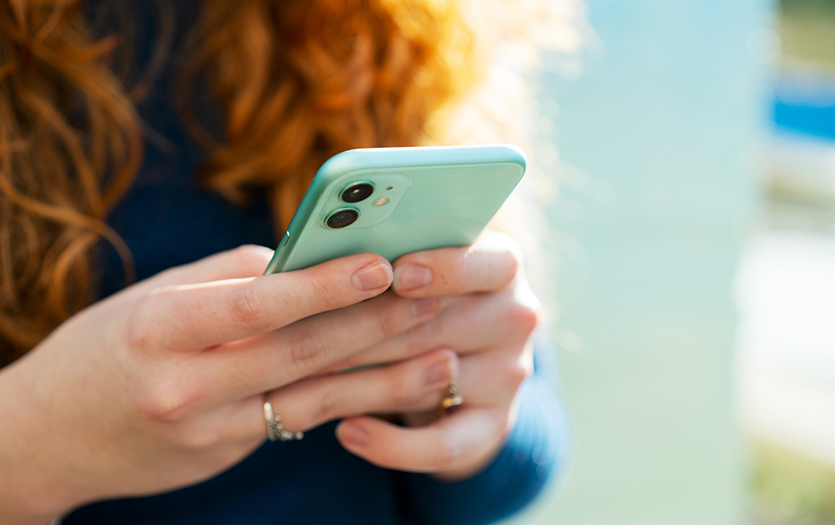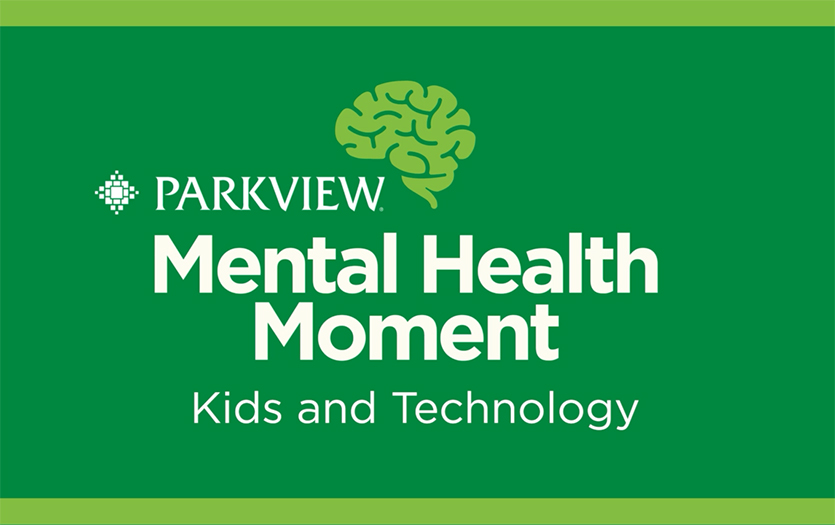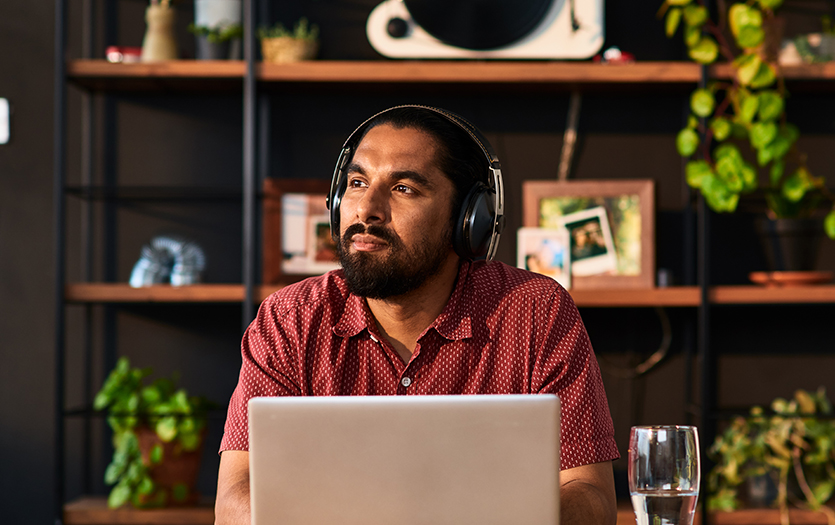
The following is based on content from the book, “Out of Touch: How to survive an intimacy famine,” written by Michelle Drouin, PhD, research scientist, Parkview Mirro Center for Research and Innovation. Michelle is a published author with expertise in psychology, information technology, communication and medicine.
Michelle has a special interest in how, in a world with access to technology continually growing at rapid speeds, natural human interaction and intimacy are changing for better or worse. This excerpt is a summarization of much deeper topics discussed in the book, touching on our relationships with our cell phones, our addiction to social media, our personal needs and human relationships, and how all these things are deeply intertwined. “Out of Touch” provides a better understanding of these concepts.
Shifting over detoxing
Let’s be honest, few of us could imagine an existence without our phones. I could lose my keys, have my wallet stolen, and be dropped alone on a deserted highway, but as long as I have my phone and a signal, I know I’ll be OK. It gives me security, connection, and a lifeline to others. This is why I won’t ever do a phone detox nor advise anyone else to do the same. It’s OK and natural to be dependent on your phone. But when it starts interfering with your life rather than helping you to live a better one, you need to shift. Perhaps decide on some intimate times (e.g., dinner) and intimate spaces (e.g., at night in bed with a partner) when phone use is forbidden. And if it’s not interfering with your life, don’t sweat it. You’re fine.
Five concepts to consider about your smartphone
You can choose whether or not you engage online and in social networks, but realistically, it’s very difficult to fully disconnect from our connected world.
We must acknowledge the privacy we lose when we engage in online social networks. Once acknowledged, we either accept the realities of our online worlds and continue to engage, pull away from participation entirely, or place other limitations on our online engagement. Realistically, however, it’s extremely difficult to completely disconnect in a connected world. Unless you go completely off the grid and raise horses in Montana, you’re probably going to be tracked.
Like it or not, your phone is your connection to the world, and usually, it’s a door to unending levels of social connection. That’s not a bad thing. We must choose to use it wisely.
If you think you’re addicted to your phone, you probably are. But remember, your phone is the tool that connects you to everything that matters to you in the universe. If you use that tool wisely, it can be a key to unlocking intimacy on all sorts of levels. And if you want to hop on one of those dopamine detox programs that are gaining popularity, just remember that they are meant to increase your response to the activities that give you pleasure, not dampen it.
Smartphones are not the enemy. Much the opposite, actually. They are invaluable resources for social, economic, physical and mental well-being. We must be able to recognize these positive uses for their worth.
Your phone is the handiest tool ever invented to help get you the things that you want. Need some food? DoorDash. A ride? Uber. A present for your colleague? Amazon. Almost anything you need is at your fingertips. This is so easy for us to see. Yet we often overlook how much we can use our phones to get the social support we need. It’s your bat signal. Your Jedi force. Aside from physical stimulation, like hugs and kisses, your phone is the portal to every sort of social support you’ll ever need. Use it wisely.
Our thoughts belong to us, and despite an unending online supply of knowledge, opinions and trends, we have the option to choose how we react to all of it. It’s important to remain in control of our own minds.
If a four-year-old can learn to control their thoughts, you can too. You choose your thoughts. You control your reactions. No one can make you think anything. If you have a negative thought, plan a purposeful counterbalance with a positive one. Worried about an upcoming task? That’s fine. Normal, in fact. Just make sure you also spend some time thinking about your next vacation.
Relationships have changed drastically with the introduction of the internet and social media. And, while this offers incredible potential to improve our social deficits, it also presents challenges and gives way to new hurtful behaviors. Understand the risks of digital relationships and consider how you should react to them.
Ghosting hurts us where we are most vulnerable. Ghosters know this, and yet they still choose to ignore people. If someone ghosts you, they are either playing a game or don’t care about you right now. Sure, they might have lost their phone. Of course, they may be super busy. But if someone really wants to talk to you, they will find a way. If they don’t, move on. Immediately. Don’t stalk them. Don’t obsess. Don’t waste a single moment scanning the internet searching for answers about whether or not they really care. Life is short, and time is precious.
To read more about ghosting, relationships and social interactions online, look for Michelle’s book, “Out of Touch: How to survive an intimacy famine.”
See what Michelle has to say about surviving technology as a parent, here.




